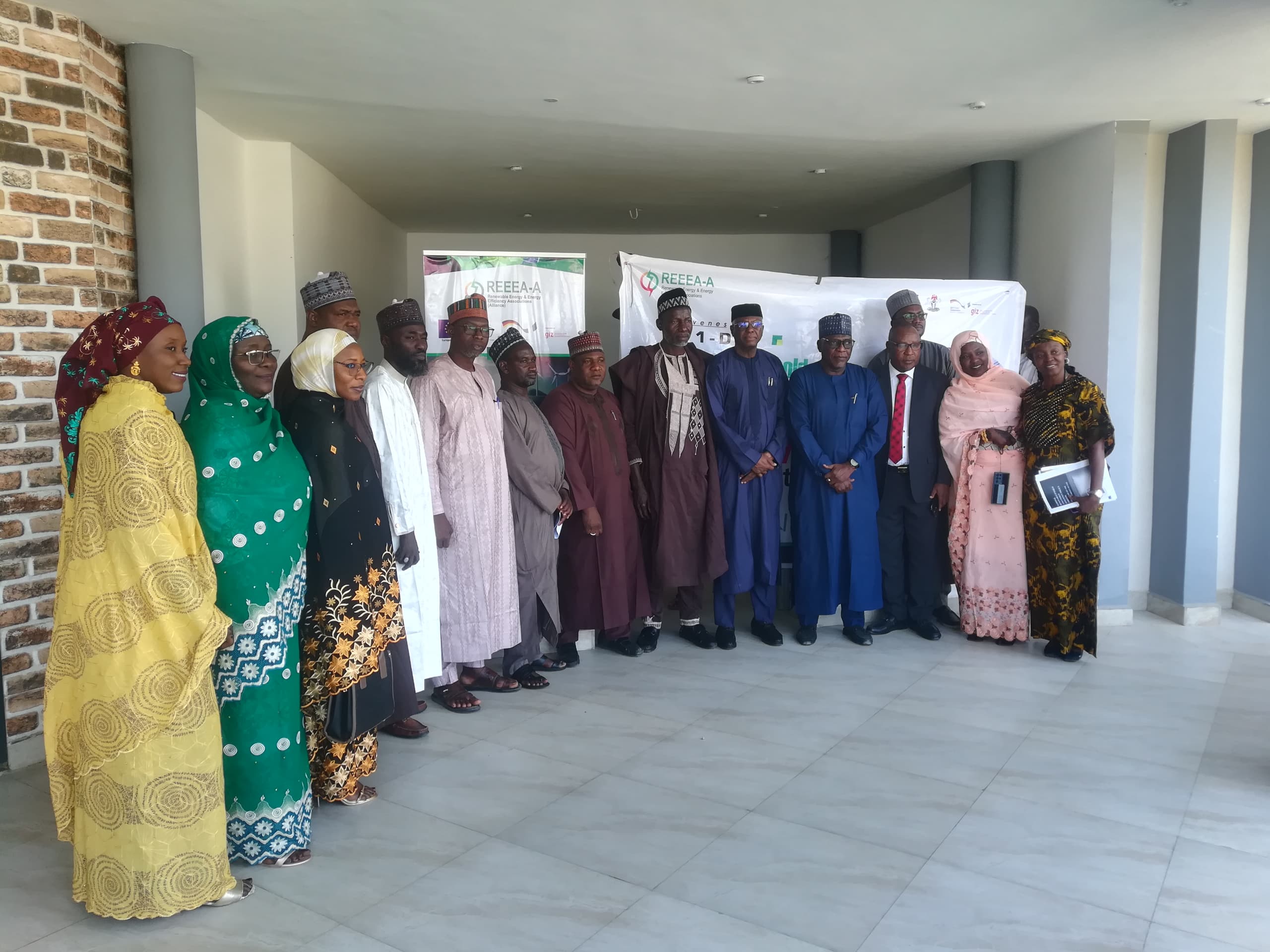BY MUSA IDRIS UMAR
Representatives from six Northeastern states convened in Maiduguri on Tuesday for a one-day Zonal Stakeholders Advocacy Engagement on the Electricity Act 2003.
The event was organized by the Nigerian Renewable Energy and Energy Efficiency Association Alliance (REEEA-A) at City Star Hotel event on Tuesday.
The event brought together delegates from Borno, Adamawa, Yobe, Gombe, Taraba, and Bauchi states to discuss harnessing natural resources for renewable energy solutions.
Experts at the event highlighted the potential of hydro, sand, and wind resources within the region to provide independent power supply and address climate change concerns.
Imamudeen Talba, speaking to journalists, explained that the meeting was prompted by the new Electricity Act 2003.
'We need to sensitize the states for them to get the proper import of the act, the secret of the act, and the object of that so that we can guide them how to go about establishing their state markets and also establish regulatory institutions,' he said.
A key focus, he added, was demonstrating how to access renewable energy resources within each state, as a crucial tool in combating climate change and meeting electricity demands.
Talba urged the Northeast Governors Forum to review the Electricity Act 2003, enabling them to take charge of electricity activities within their respective states.
He noted that around 12 states have already been granted autonomy in this area, establishing regulatory agencies, reviewing existing laws, and developing electricity markets.
He also lamented the lack of similar progress in the northern states.
He further called on the Northeastern governors to take over the rehabilitation of the long-delayed Mambila hydroelectric project in Taraba State.
'If the federal government doesn't have the funding, the northeastern states should take over,' he suggested.
He proposed a joint incorporated company to manage the project, seeking international funding to generate 1000 megawatts, with 500 megawatts dedicated to the Northeast and the remainder sold to neighboring countries like Chad, Niger, and Cameroon.
Participants and state representatives expressed their appreciation for the REEEA-A’s initiative and emphasized the need for increased government investment in renewable energy solutions.
Mohammed Bukar El Sadiq Permanent Secretary Borno State Ministry Transport and Energy, said, 'We have had robust deliberations and review of the 2003 act.
'If this act is implemented, the states will have an independent electricity power supply.'
He also noted that while the government currently provides power equipment, it is not benefiting from the revenue generated.
Other representatives from the Northeastern states echoed the call for embracing the 2003 Electricity Act and prioritizing renewable energy as a key solution to the region’s power challenges.

